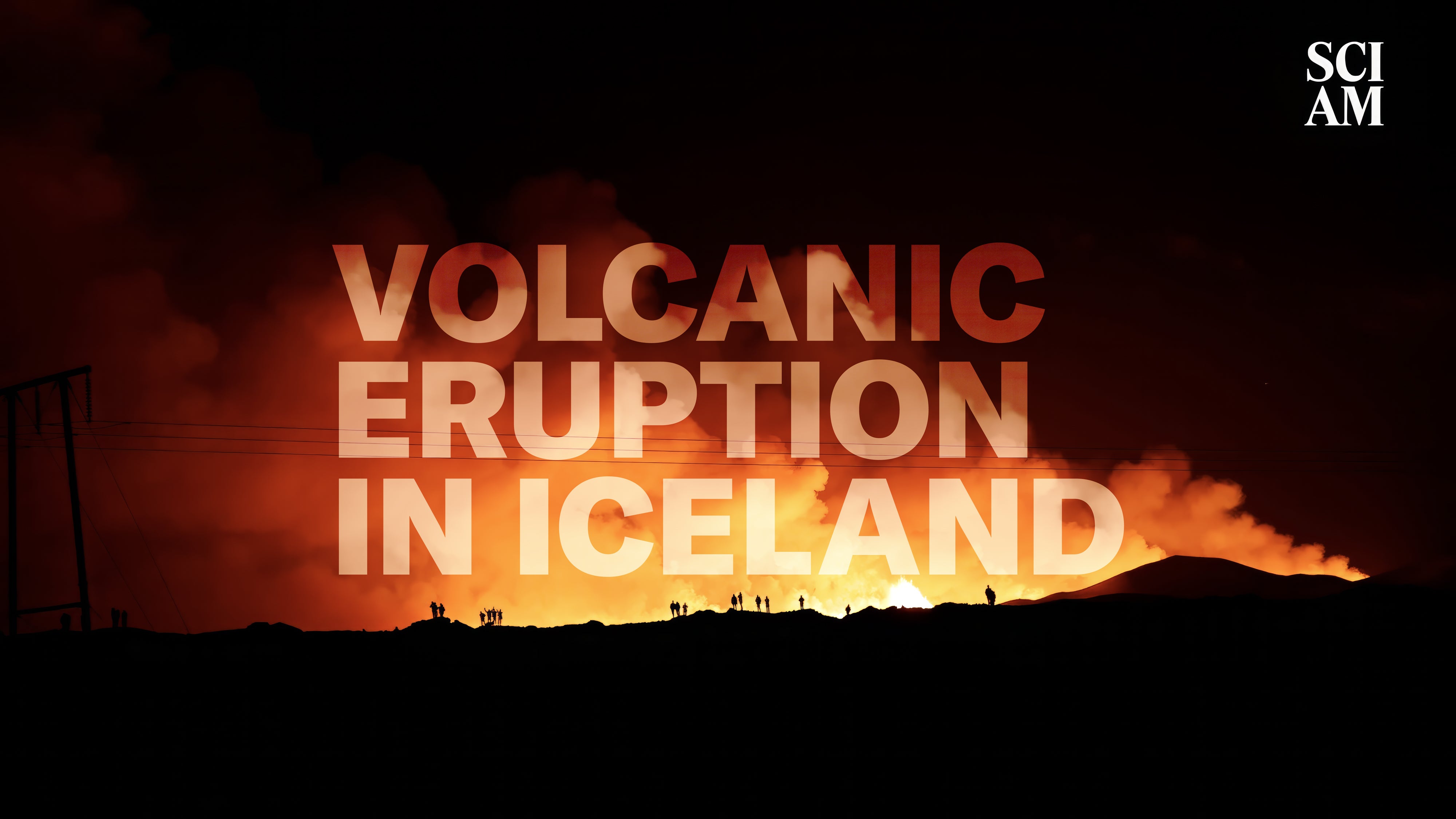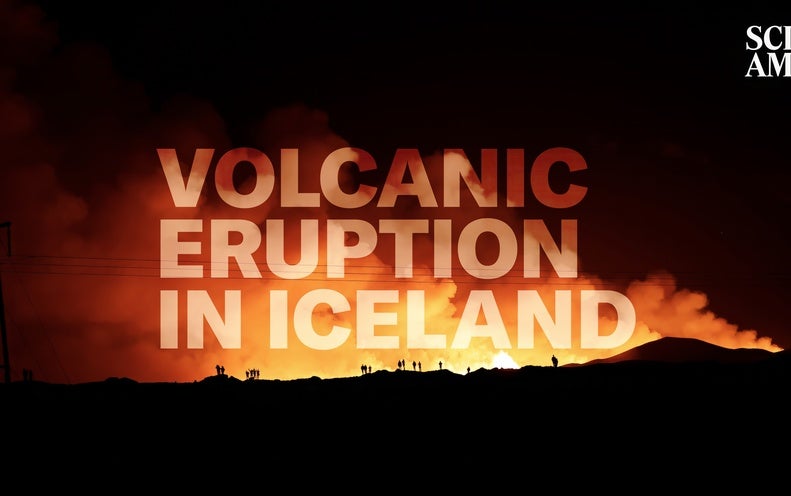
On December 18, a volcano emerged on the Reykjanes peninsula in Iceland, just north of the town of Grindavik, near the world famous Blue Lagoon.
The volcanoes on the Reykjanes peninsula have awakened after eight hundred years. The tectonic plates of Eurasia and North America are moving apart.
The area, 45 minutes from Reykjavik, had been experiencing earthquakes for the past two months, and Grindavik, a town of almost four thousand people, was evacuated on November 10, when it seemed the volcano might emerge under the town.
But it didn’t—at least not immediately. What makes volcanoes so difficult to predict?
TRANSCRIPT
William Moreland: From what we can tell, it seems that volcanic activity on this happens in pulses. So, yeah, 800 years ago there was a series of eruptions that took place all along, readiness at different times, one after the other, with some significant time in between like decades. And so in 2021, we had the first eruption since medieval times. But in fact, in 2020 there was an intrusion detected underneath Serbia.
Moreland: So potentially that was the start of this new episode. Often of our pleasure spark like that. But then we had had this intrusion going on just north of Ethiopia in this area here, and we could see this inflation going on in the GPS. And so this is saying that the ground is moving up with time. And then this dramatic shift is the evening of the 10th of November.
Moreland: And what we can see here is that the ground has dropped by around 40 centimeters. But crucially, the signal of inflation has continued without pause.
Ármann Höskuldsson: This process is going on for millions of years. One of the largest plate boundary of this type is running along the whole Atlantic on what diverts and plate boundary or dragging the plates away from each other.
Iceland is the only place on earth this plate voluntarily comes out of the sea.
So what we are trying to understand is what lies behind the volcanoes, how the magma comes up the surface and how it spreads from surface. Today, we can only forecast two or three days into the future. The current unrest on return is you can say that there are probably 80% probability that we will have an eruption, but we don’t know when it’s going to be, and the we cannot nail down where it’s going to be.
This action that we are dealing with now will probably be ongoing for the next ten years. We are going to see breaking along the whole peninsula for the next hundred to 300 years.
